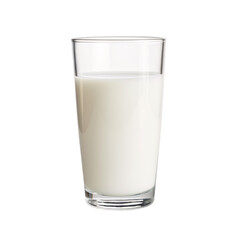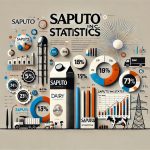
A strategic coup that, while promising to position Brazil as a global leader in the emerging alternative protein market, could be a direct threat to a dairy industry already plagued by high costs and external competition.
Brazil has taken a bold step towards the forefront of food innovation with the presentation of Bill 3357/2024, promoted by Congressman Jorge Goetten (REPUBLIC/SC), which establishes the rules for the production and commercialization of foods obtained by cell culture.
A strategic coup that, while promising to position the country as a global leader in the emerging alternative protein market, could be a direct threat to a dairy industry already tormented by high costs and external competition.
The initiative, hailed as a “legislative framework” by Gabriela Garcia of the Good Food Institute (GFI), seeks to encourage the development of meat and other food products without resorting to livestock, using fewer resources and generating a reduced environmental impact.
What would be the repercussions for local dairy farmers, who are constantly suffering from high production costs and increasing imports from Argentina and Uruguay?
For Brazilian dairy production, the arrival of cell-cultured feeds could be a coup de grace. Imagine no longer just competing with imports, which arrive at lower prices from its main suppliers, but also against an incipient green revolution that “promises” “healthier, more sustainable and cheaper” products.
As PL 3357/2024 makes its way through the National Congress, with the support of the GFI and other global players in the alternative protein market, it is not unreasonable to think of a possible increase in funding and tax incentives, redirecting resources and attention from the authorities towards a sector that is inevitably emerging.
In other words, as Brazilian dairy struggles to stay afloat, a new player in the market could be getting all the love from the government.
Another Battle for Food Sovereignty?
It is no secret that Brazil faces high dairy production costs compared to other producing countries in the region.
The recent spike in the price of corn and soybeans, key ingredients for cattle feed, has left many local producers struggling. With shrinking profit margins, imports have stoked fears of an “outside” invasion undermining domestic production.
Now, with PL 3357/2024, there could be a new threat on the horizon, I wonder if the defenders of national food sovereignty will give their battle cry against what could be another attack on local production.
But, although fraught with risk, the scenario is not entirely dark. The rise of alternative proteins could, paradoxically, push the Brazilian dairy industry towards a way out: the adoption of new technologies to reduce costs and increase the sustainability of its own production.
Investing in innovation, improving energy efficiency and betting on more sustainable agricultural practices could be the way to compete with this new front. What is not known is who will foot the bill.
As debates heat up in the National Congress, the clock is ticking. If we don’t react quickly, dairy could falter in a marketplace moving toward “more sustainable” alternatives.
Ultimately, the introduction of cell-cultured feeds represents a wake-up call for the dairy industry. The battle to remain competitive will not only be against Argentina or Uruguay, but against the future of food itself.
It is a reminder that the future waits for no one and that those who do not adapt, become extinct.

You can now read the most important #news on #eDairyNews #Whatsapp channels!!!
🇺🇸 eDairy News INGLÊS: https://whatsapp.com/channel/0029VaKsjzGDTkJyIN6hcP1K























